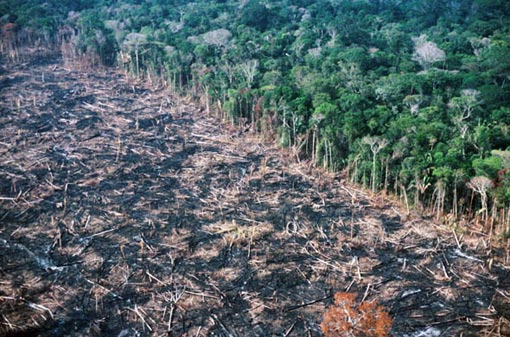You are herehealth
health
Man-made junk in low Earth orbit: satellite collision highlights space pollution and rising hazard from debris
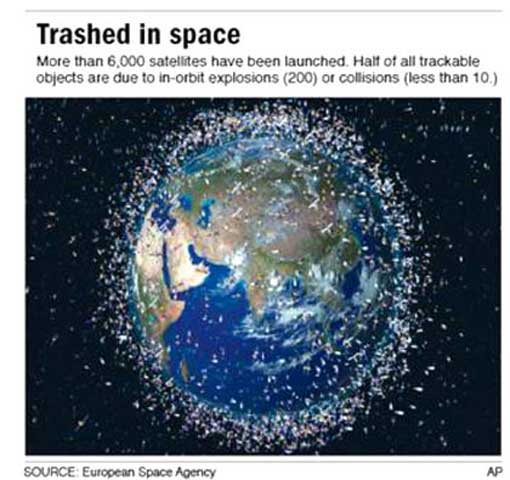
(quote)
The military tracks about 18,000 pieces of orbital debris. On Tuesday, the census of space-garbage suddenly jumped by 600, the initial estimate of the number of fragments from a stunning collision of two satellites high above Siberia.
Space is now polluted with the flotsam of a satellite-dependent civilization. The debris is increasingly a hazard for astronauts and has put crafts such as the Hubble Space Telescope and communications satellites at risk of being struck by an object moving at high speed.
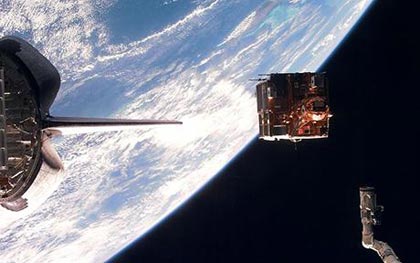
The military's radar can spot objects about four inches in diameter - roughly the size of a baseball - or larger. This collision, however, may have produced many thousands of small, undetectable pieces of debris that would still carry enough kinetic punch at orbital velocities to damage or destroy a spacecraft. read more »
Once-in-a-century heatwave cripples S AU, buckles rail lines, cooks egg on court at Australia Open in 60C
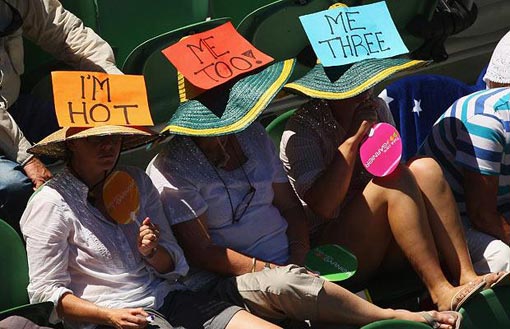
(quote)
Above: players and fans at the Australian Open tennis tournament did their best to keep cool.

An egg cooked after ten minutes on an outside court where air temperatures reached 60C. The official temperature in the shade at 4.53 pm was 45.4C, the hottest since 1908.

A heatwave scorching southern Australia, causing transport chaos by buckling rail lines and leaving more than 140,000 homes without power, is a sign of climate change, the government said.
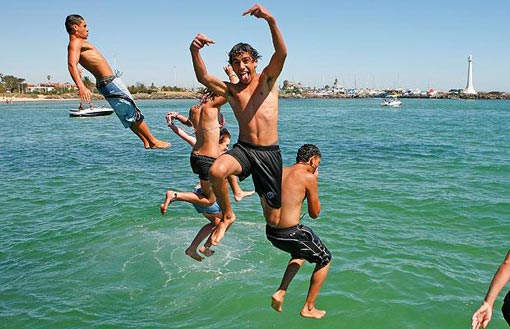
"It is the worst heatwave most will have lived through," senior forecaster Terry Ryan said in a front-page story headlined "Heat Wave Hell". But this lot looked like they were enjoying it.
Heatwave in Melbourne plays havoc with the Australian Open read more »
Arctic blizzards, UK. Freezing snow turns cars, bridges, trees into ice statues. Warm ocean currents 30% less
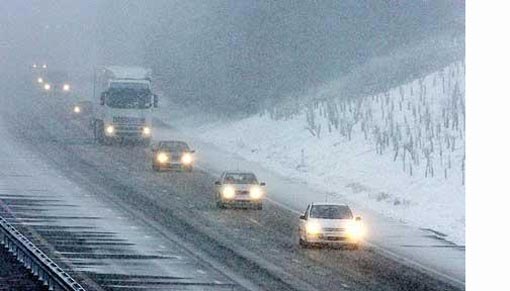
(quote)
Snow and freezing weather threaten to shut down Britain
Arctic blizzards are set to cause a national shutdown on Monday as forecasters warn of the most widespread snowfall for almost 20 years.
The Met Office is warning of an "extreme weather event" across large swathes of England, Scotland and Wales with up to 10in of snow expected even in the usually warmer south and as much as 1ft on higher ground. With freezing temperatures expected to endure for at least a week, there were predictions that resulting disruption and an expected spike in absenteeism could cost the British economy as much as £600 million a day, as the public transport system grinds to a halt and schools and offices are forced to close.

New weather warning after storms kill 21 in France and Spain
As hundreds of thousands are left without power, forecasters fear floods will follow worst weather for a decade
With 680,000 people still without electricity in France and 50,000 in Spain... read more »
"SOS Amazon": 1st action of Amazon tribes, sending message "Wake Up, World!" at 2009 World Social Forum in Brazil
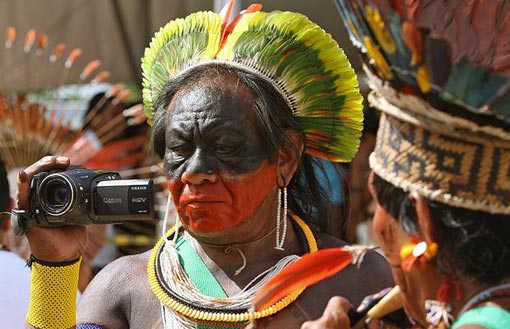
(quote)
BELÉM, Brazil, Jan 27 (IPS) - A human banner made up of more than 1,000 people, seen and photographed from the air, sent the message "SOS Amazon" to the world, in the first action taken by indigenous people hours before the opening in northern Brazil on Tuesday of the 2009 World Social Forum (WSF).

The mass message reflects "our concern about global warming, whose impact we will be the first to feel, although we, the peoples of the Amazon, have protected and cared for the forests," Francisco Avelino Batista, an Apurinán Indian from the Purus river valley in the Brazilian Amazon, told IPS.
"SOS Amazon": every second we lose 1.5 acres of rainforests once covering 14% of earth land surface, now a mere 6%
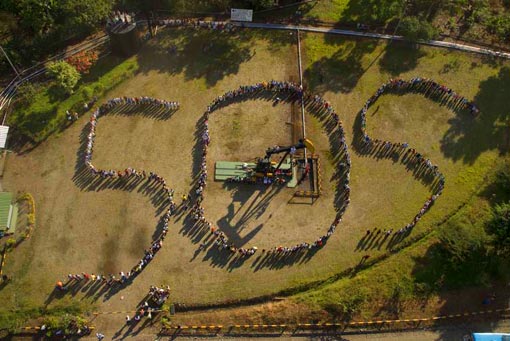
(quote)
The Disappearing Rainforests
We are losing Earth's greatest biological treasures just as we are beginning to appreciate their true value. Rainforests once covered 14% of the earth's land surface; now they cover a mere 6% and experts estimate that the last remaining rainforests could be consumed in less than 40 years.

* One and one-half acres of rainforest are lost every second with tragic consequences for both developing and industrial countries.
* Rainforests are being destroyed because the value of rainforest land is perceived as only the value of its timber by short-sighted governments, multi-national logging companies, and land owners.

* Nearly half of the world's species of plants, animals and microorganisms will be destroyed or severely threatened over the next quarter century due to rainforest deforestation. read more »
Antarctica: Larsen B ice shelf, a large floating ice mass shattered, separated: AVHRRadiometer deployed on satellites since 1981
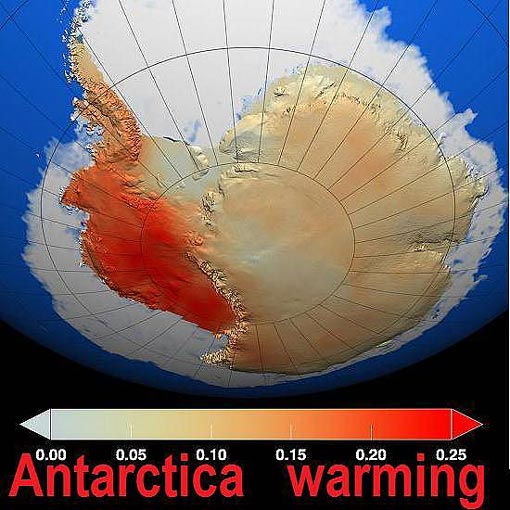
(quote)
The Antarctic Peninsula juts into the Southern Ocean, reaching farther north than any other part of the continent. The southernmost reach of global warming was believed to be limited to this narrow strip of land, while the rest of the continent was presumed to be cooling or stable.
Not so, according to a new analysis involving NASA data. In fact, the study has confirmed a trend suspected by some climate scientists. "Everyone knows it has been warming on the Antarctic Peninsula, where there are lots of weather stations collecting data," said Eric Steig, a climate researcher at the University of Washington in Seattle, and lead author of the study. "Our analysis told us that it is also warming in West Antarctica."
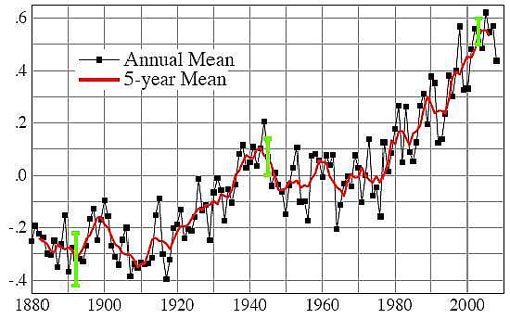
The finding is the result of a novel combination of historical temperature data from ground-based weather stations and more recent data from satellites. Steig and colleagues used data from each record to fill in gaps in the other and to reconstruct a 50-year history of surface temperatures across Antarctica. read more »
Around the world in 1460 days: Mike Horn navigates sustainable sailboat Pangaea on 4-year 7-continent eco-voyage

(quote)
For South African-born explorer Mike Horn, 42, navigating in sub-zero temperatures requires basic tools: chocolate for energy and mucus for wind-block. Horn has circumnavigated the Arctic Circle solo, circled the globe along the equator without motorized transport and completed the first-ever night expedition to the North Pole, without dogs and frequently swimming along the way.

Back in 2002, Horn's expedition around the Arctic Circle involved skiing, sailing, kayaking and trekking in temperatures as low as -76 F (-60 C). This year, Horn embarks on his most ambitious expedition to date - Pangaea. read more »











